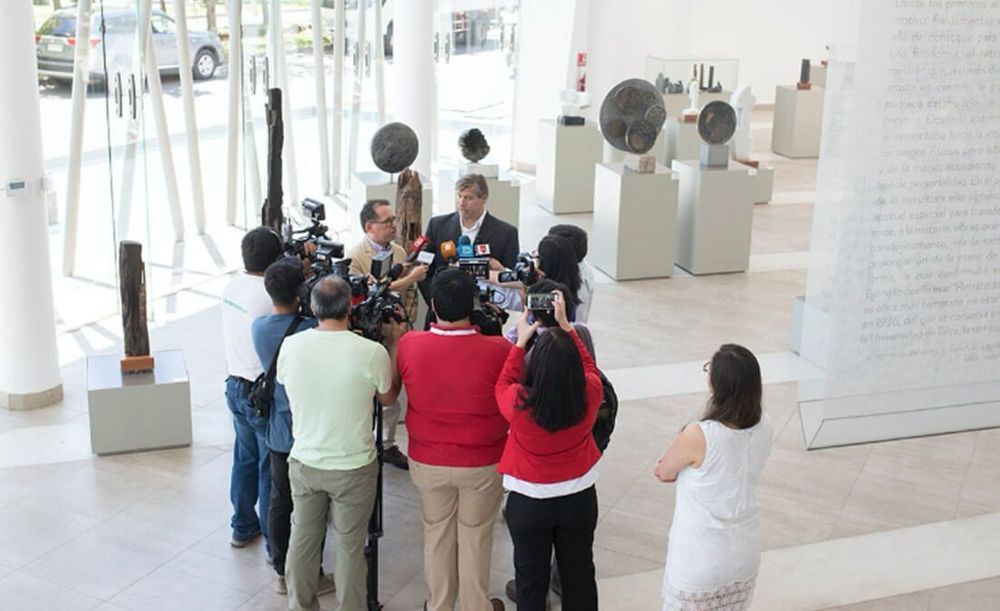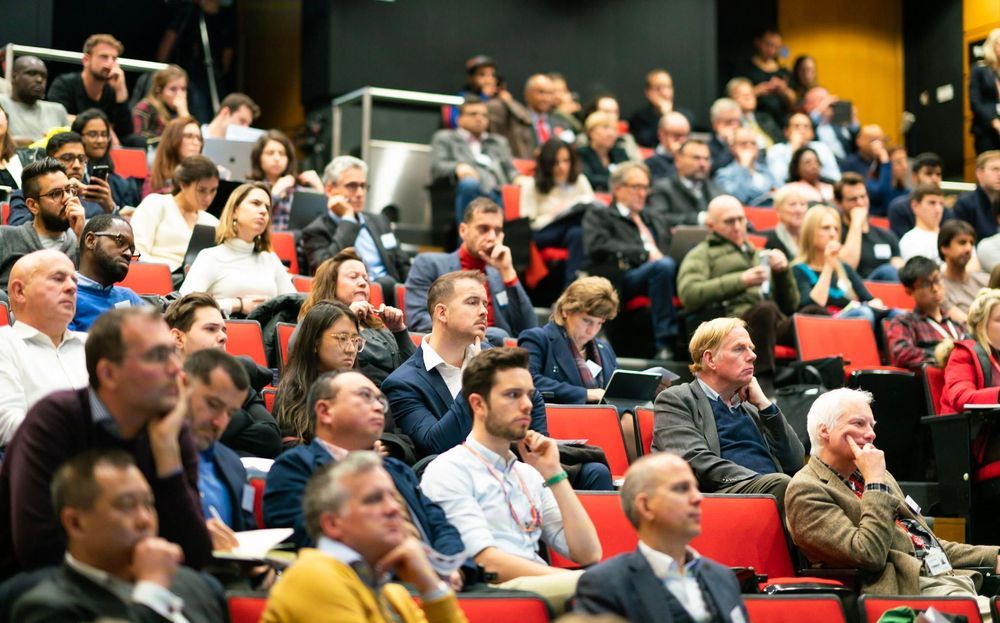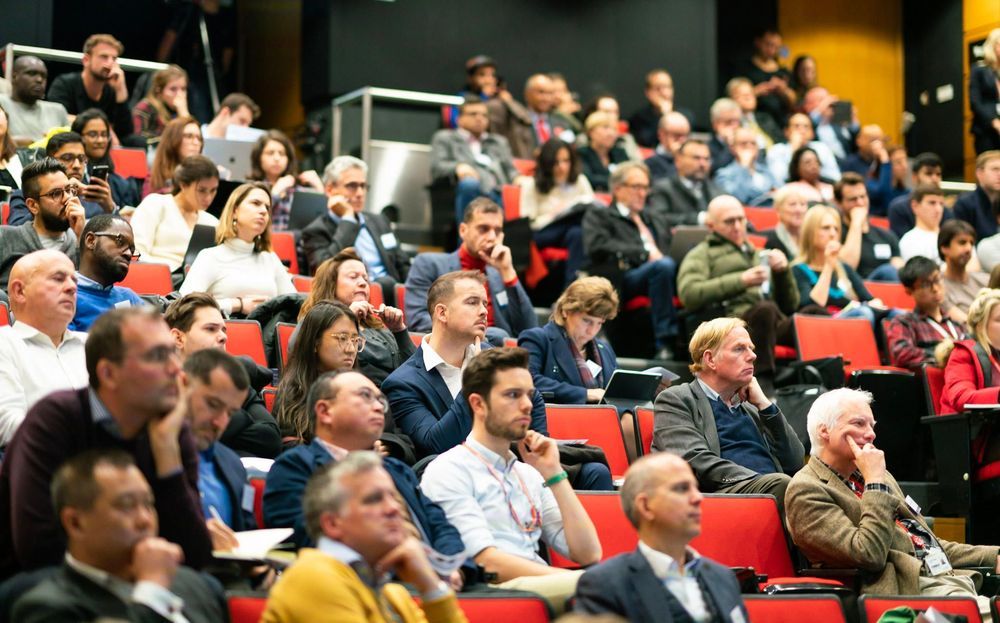Germany’s supreme court recently ruled that an old policy that suspended payments if individuals didn’t actively search for work was unconstitutional.



To that end, Fields decided to ask a Florida judge to grant him a warrant that would override the new policy, allowing him to search GEDmatch’s entire database, including users who hadn’t opted in — and Judge Patricia Strowbridge did just that, the detective announced at a recent police convention, according to the NYT.
Legal experts told the NYT that this appears to be the first time a judge has approved a DNA website warrant this broad, with New York University law professor Erin Murphy calling it “a huge game-changer.”
“The company made a decision to keep law enforcement out, and that’s been overridden by a court,” Murphy told the newspaper. “It’s a signal that no genetic information can be safe.”

Last week, the transhumanist activist Zoltan Istvan announced his candidacy for President of the United States in next year’s elections. The writer, humanitarian and outspoken advocate of radical science is no stranger to the issues surrounding Longevity, and has spoken widely on subjects including AI, genetic editing, technology policy, and futurism.
In 2016, Istvan ran as an independent presidential candidate and travelled across the United States, spreading his message from a coffin-shaped bus, known as the “Immortality Bus.” This time he’s on the ballot, running against Donald Trump as a candidate for the Republican party in next year’s primaries. Things are a bit more serious this time.
Among his key policies, Istvan includes transhumanism, universal basic income and the need to beat China in the global innovation race – an issue we addressed in our Jamie Metzl interview. We spoke to him to find out more about his views on the Longevity sector.

Europe’s police agency is worried that the 5G will interfere with law enforcement’s ability to track people.
Catherine De Bolle, head of Europol is asking European Union leaders to allow their agency to be more engaged in policy conversations involving the adoption of 5G technology, Reuters reports.

The personnel changes at Alphabet continue, this time with Mustafa Suleyman — one of the three co-founders of the company’s influential AI lab DeepMind — moving to Google.
Suleyman announced the news on Twitter, saying that after a “wonderful decade” at DeepMind, he would be joining Google to work with the company’s head of AI Jeff Dean and its chief legal officer Kent Walker. The exact details of Suleyman’s new role are unclear but a representative for the company told The Verge it would involve work on AI policy.
The move is notable, though, as it was reported earlier this year that Suleyman had been placed on leave from DeepMind. (DeepMind disputed these reports, saying it was a mutual decision intended to give Suleyman “time out … after 10 hectic years.”) Some speculated that Suleyman’s move was the fallout of reported tensions between DeepMind and Google, as the former struggled to commercialize its technology.


“Demonstrate That Top Financial and Tech Corporations Are Committed to Longevity”
This week two Landmark International Longevity Summits in London attracted the attention of scientists, government officials, major financial corporations, insurance companies, investment banks, and technology companies from around the world. The Landmark AI for Longevity Summit and the First International Longevity Policy and Governance Summit at King’s College London are expected to become the world-leading forums for the Longevity Industry.

Reinforcement learning (RL) is a widely used machine-learning technique that entails training AI agents or robots using a system of reward and punishment. So far, researchers in the field of robotics have primarily applied RL techniques in tasks that are completed over relatively short periods of time, such as moving forward or grasping objects.
A team of researchers at Google and Berkeley AI Research has recently developed a new approach that combines RL with learning by imitation, a process called relay policy learning. This approach, introduced in a paper prepublished on arXiv and presented at the Conference on Robot Learning (CoRL) 2019 in Osaka, can be used to train artificial agents to tackle multi-stage and long-horizon tasks, such as object manipulation tasks that span over longer periods of time.
“Our research originated from many, mostly unsuccessful, experiments with very long tasks using reinforcement learning (RL),” Abhishek Gupta, one of the researchers who carried out the study, told TechXplore. “Today, RL in robotics is mostly applied in tasks that can be accomplished in a short span of time, such as grasping, pushing objects, walking forward, etc. While these applications have a lot value, our goal was to apply reinforcement learning to tasks that require multiple sub-objectives and operate on much longer timescales, such as setting a table or cleaning a kitchen.”

Deep Knowledge Group is delighted to have supported and participated in the landmark International Longevity Policy and Governance and AI for Longevity Summits that took place on November 12th at King’s College London, which gathered an unprecedented density and diversity of speakers and panelists at the intersection of Longevity, AI, Policy and Finance. The summits were organized by Longevity International UK and the AI Longevity Consortium at King’s College London, with the strategic support of Deep Knowledge Group, Aging Analytics Agency, Ageing Research at King’s (ARK) and the Biogerontology Research Foundation. Together they managed to attract the interest of major financial corporations, insurance companies, investment banks, Pharma and Tech corporations, and representatives of international governmental bodies, organisations and embassies, as well as leading media, and featured presentations and panel discussions from top executives and directors of Prudential, Barclays Business UK, HSBC, AXA, L&G, Longevity. Capital, Longevity Vision Fund, Juvenescence, the UK Office of AI, Microsoft, NVIDIA, Babylon Health, Huawei Europe, Insilico Medicine, Longevity International UK, the Longevity AI Consortium and others.
November 14, 2019, London, UK: Deep Knowledge Group executives Dmitry Kaminksiy and Eric Kihlstrom spoke at a landmark one-day event held yesterday at King’s College London with the strategic support Deep Knowledge Group. The event united two Longevity-themed summits under the shared strategic agenda of enabling a paradigm shift from treatment to prevention and from prevention to Precision Health via the synergistic efforts of science, industry, AI, policy and governance, to enable the UK to become an international leader in Healthy Longevity.

Using a supercomputing system, MIT researchers have developed a model that captures what web traffic looks like around the world on a given day, which can be used as a measurement tool for internet research and many other applications.
Understanding web traffic patterns at such a large scale, the researchers say, is useful for informing internet policy, identifying and preventing outages, defending against cyberattacks, and designing more efficient computing infrastructure. A paper describing the approach was presented at the recent IEEE High Performance Extreme Computing Conference.
For their work, the researchers gathered the largest publicly available internet traffic dataset, comprising 50 billion data packets exchanged in different locations across the globe over a period of several years.